No initiative on president Donald Trump’s agenda matters more to the commercial property world than his stated intention to “do a big number” on Dodd-Frank Wall Street regulations.
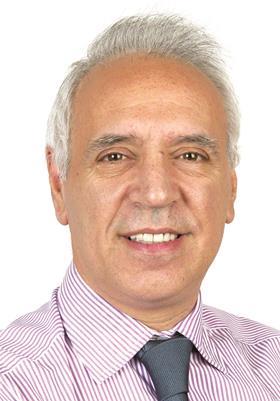
Repealing them or scaling them back could unleash the big banks’ awesome space expansion engine, which has been stuck in neutral since 2010. But, as is true of most of the administration’s goals, it’s a long way from becoming reality.
Dodd-Frank financial regulations were signed into law in 2010 to deter speculative bank investments like those that contributed to the 2008-09 crash. But to developers and landlords, the effect was that it discouraged banks from adding to their office footprints. Expansion is driven by job growth, which has been nil at the large banks since the regulations came in.
“They put a damper on banks using their own capital for risk,” said chairman of the New York Tri-State region of CBRE, Robert Alexander. “There’s no need for them to hire and expand if they can’t grow their businesses.”
Banks have instead contracted and consolidated space. In 2008, before the crash, financial services accounted for 42% of new Manhattan leases larger than 10,000 sq ft. In 2016, the figure was just 22%, according to Cushman & Wakefield’s global chief operating officer John Santora. After Dodd-Frank, the big banks’ expansion appetite went from insatiable to non-existent.
Expansion is driven by job growth, which has been nil since the regulations came in
Fortunately, New York’s 440m sq ft office market was buoyed by TAMI (technology, advertising, media and information) sector growth, which helped absorb newly minted space at Hudson Yards and the World Trade Center.
Last week, Spotify signed a lease for nearly 400,000 sq ft at 4 World Trade Center. But it might be the last such deal for a while. TAMI sector leasing fell 15% from 2015 to 2016, JLL reported, and the supply of tenants could be drying up.
Dismantle or fine-tune?
No one is sure how much of Dodd-Frank the new administration might be able to dismantle. Any changes require approval by the Republican-controlled House and Senate. Even JP Morgan Chase head Jamie Dimon, an economic adviser to Trump, advocates fine-tuning Dodd-Frank rather than throwing it out entirely.
Meanwhile, Trump trivialised his own cause when he said recently: “I have so many people, friends of mine, with nice businesses. They can’t borrow money because the banks just won’t let them borrow because of the rules and regulations and Dodd-Frank.” Still, with so much new office space coming online in Manhattan, developers will be rooting for Trump to succeed, whether they admit it or not.
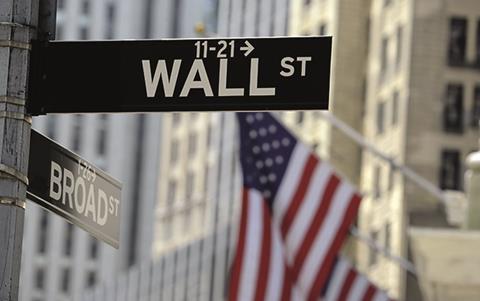
Trump’s unlikely presidency guarantees only one thing: surprises. His forays into diplomacy and foreign affairs promise a thrill ride for Americans as much as for foreign heads of state. His approach to property markets, at home and abroad, ought to be easier to define.
But that’s far from the case. Although Trump was also known as the host of The Apprentice and for business flops he’d rather forget, he made his name as a real estate developer.
Thanks to his early successes in New York City, that is how many admirers and detractors still perceive him, even though he quit the world of development years ago.
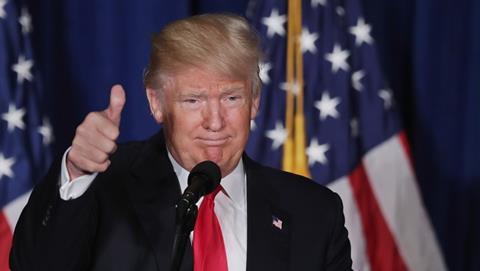
In fact, although the stock market has ridden an anticipatory bubble that could easily burst, nobody can say what Trump’s presidency might mean for the real estate picture over even the relatively short haul.
Such micro-matters as the future value of condo apartments at Trump Tower on Fifth Avenue - home to Trump’s $100m (£80m) gold-drenched penthouse - typify the ambiguity and mixed messages that shroud every aspect of Trump’s real estate impact.
News stories claimed an “exodus” of apartment owners who were fed up with traffic and security chaos on the street as well as a corresponding drop in prices. But brokers now report no such effect, and attribute any modest decline to normal market ups and downs.
Nobody can say what Trump’s presidency might mean for the real estate picture over even the relatively short haul
Trump has managed to alienate many fellow Manhattan real estate moguls over the years. He once tweeted that Douglas Durst bore some responsibility for brother Robert’s alleged murder spree for making him “angry”.
Yet some major players still enjoy close friendships with him. His January inauguration and related festivities in Washington DC drew Vornado’s Steve Roth, developer Steven Witkoff, Douglas Elliman chairman Howard Lorber and investor Michael Fascitelli.
Ethical questions
The new president has turned control of the Trump Organization over to his sons Eric and Donald Jr. The move was partly to assuage conflict-of-interest fears, which also prompted the company to scratch about 30 pending new international deals. How arms-length that will be in practice remains to be seen.
That’s also true of Trump’s decision to place all his businesses, which span a mind-boggling 488 different companies, in a revocable trust - but not a blind trust as critics demanded.
Sceptics note that the trustees are Donald Jr and Trump CFO Allen H Weisselberg, implying that Trump remains quietly in control of the empire with projects as far away as Manila. (Trump did not withdraw from foreign projects that were already under way.)
In fact, no law requires a president to place privately owned businesses in a blind trust. Ethical questions may vex the Trump administration for years without being resolved. But the issue on which New York’s mega-builders would like clarity is Dodd-Frank - if Trump can deliver it.
























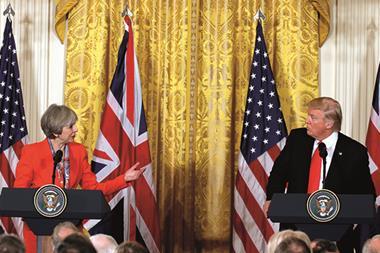
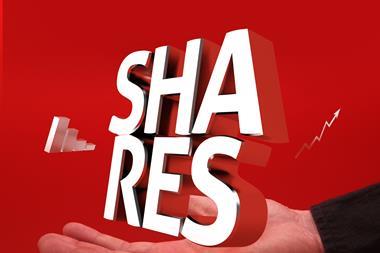
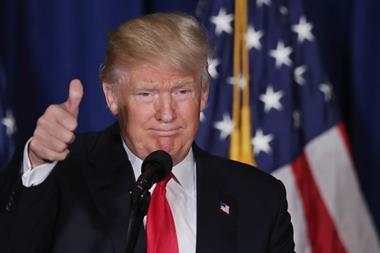

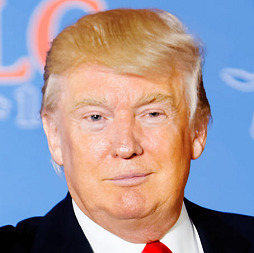
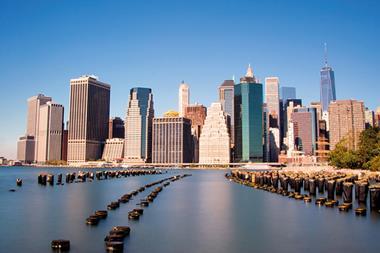
No comments yet